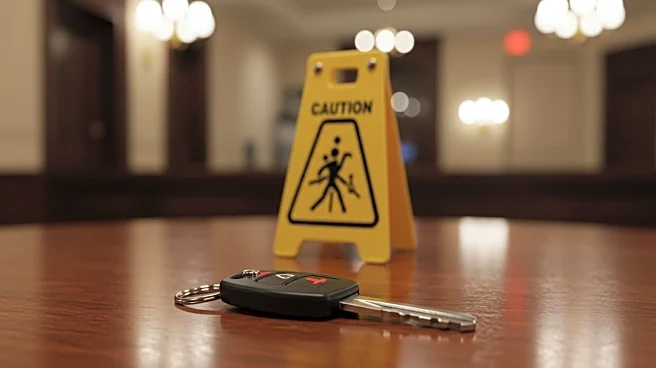What's Happening?
Auto auctions are increasingly popular among buyers seeking affordable vehicles, but they come with significant risks. Cars sold at auction, especially public or salvage auctions, are often sold 'as-is,' meaning buyers accept all faults without the right to return or warranty. Many auction cars originate from insurance write-offs, rental fleets, or repossessions, and may have undergone superficial repairs to appear roadworthy. The rise of online-only auctions has further complicated the landscape, with minimal listings and unreliable condition tags.
Why It's Important?
The allure of lower prices at auctions can lead to costly mistakes for buyers unaware of the potential pitfalls. With the used car market experiencing high demand and limited supply, auctions offer an alternative but risky option. Buyers may face unexpected repair costs, turning a seemingly good deal into a financial burden. The lack of transparency and protection in auction sales highlights the need for due diligence and expert advice when purchasing vehicles through this channel.
What's Next?
As the popularity of auctions grows, buyers are advised to conduct thorough inspections and use diagnostic tools before purchasing. Auction platforms may need to improve transparency and provide more detailed condition reports to protect consumers. The industry could see increased regulation to ensure fair practices and protect buyers from deceptive sales tactics. Buyers should remain cautious and consider professional evaluations to avoid potential financial pitfalls.








